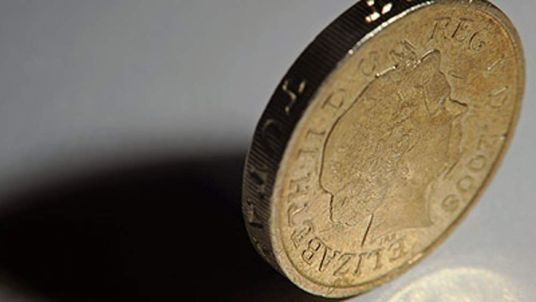Shoppers will be watching their bank balances closely in the coming year.
Levels of consumer confidence in Britain have fallen at the fastest rate in more than two decades - the first statistical evidence from a major body that the EU referendum vote has had an impact on the economy.
The confidence barometer from research group GfK dropped from -1 points to -9 between June and the week following the poll.
It is the biggest single fall since 1994, and will be interpreted as a solid sign that concerns over Britain's departure from the European Union are now starting to weigh on the economy.
So far there have only been scant pieces of evidence on the Brexit impact, and it will be some months before official statistics show whether the vote has changed behaviour, and whether there is a recession.
But moves in consumer confidence tend to be closely correlated with GDP, as shoppers spend less and national income suffers, so economists may conclude that a slowdown now looks likely.
GfK, whose survey has been running since 1974, said that when it split its core index by how people said they voted in the referendum, remainers were at -13, compared with -5 for leavers.
The survey, which was run from 30 June to 5 July also found that appetite for making big purchases fell, while the proclivity to save rose.
Joe Staton, Head of Market Dynamics at GfK, said: "In these extraordinary times this one-off CCB Brexit Special gauges the temperature of consumer confidence right now.
"During this period of uncertainty, we've seen a very significant drop in confidence, as is clear from the fact that every one of our key measures has fallen, with the biggest decrease occurring in the outlook for the general economic situation in the next 12 months."
Some 60% of those surveyed said they expected the general economic situation to worsen in the next 12 months, up from 46% in June.
The GfK survey follows research from the National Institute of Economic and Social Research (NIESR) yesterday which found that the UK economy expanded by a relatively strong 0.6% in the second quarter of the year.
However, NIESR said that that number was mainly strong because of rapid growth in April, which then tailed off in May and June, around the time of the referendum.



0 comments: